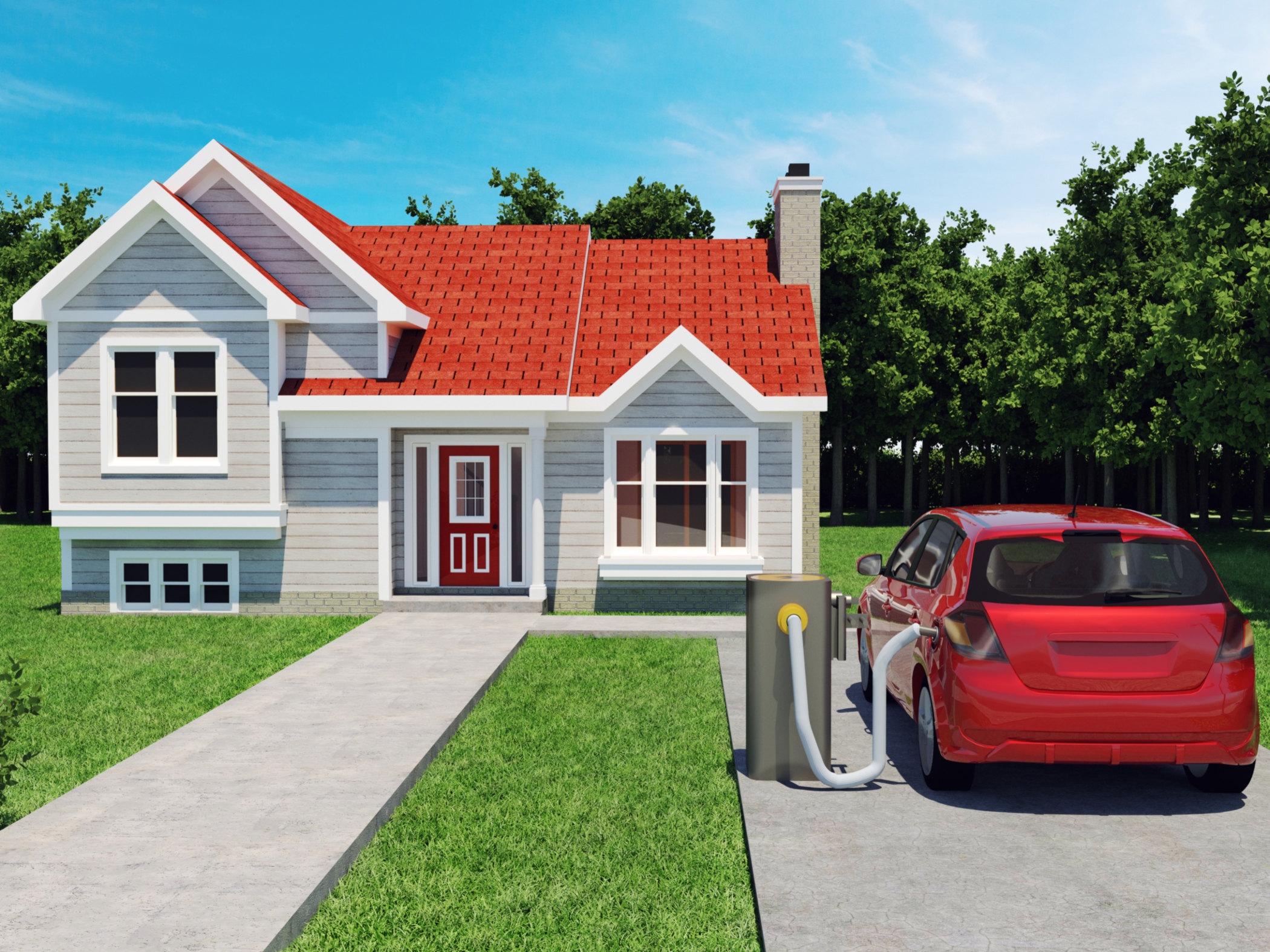Do's and Don'ts: Home EV Charging

One of the best advantages of owning an electric vehicle (EV) is never having to stop at a crowded gas station again. But EV owners still must power up somehow, and home chargers are a very convenient option.
If you're considering installing an EV supply equipment (EVSE) charger at home, here are some things you should consider as you shop for, set up and use your new EVSE.
Do:
Decide between hard-wired and plug-in
Some chargers must be permanently installed into your home's wiring, while others can simply be plugged into a 240-volt wall socket. Both have their advantages and disadvantages — hard-wired is more expensive and permanent — so consider your charging situation before you choose.
Shop around
Many EV manufacturers may have a recommended EV charger supplier, but that doesn't mean you have to go with them. Consider all of your options when it comes to deals, financing and warranties to select the right supplier for you.
Consider the $250 SWEPCO Rebate
If you drive more than 40 miles per day, and you have a fully electric car, then you will likely need a Level 2 charger that provides 10 to 20 miles of range per hour of charging. ENERGY STAR®-certified EV chargers provide the same functionality as non-certified models but use 40% less energy in standby mode. To help incentivize the purchase of an ENERGY STAR Level 2 charger, SWEPCO offers a $250 SWEPCO rebate to help cover the cost of purchasing one.
Don't:
Ignore charging levels
Level 1 charging equipment delivers standard household outlet current — 110 or 120 volts — while Level 2 EVSE charges at 220 to 240 volts. Level 2 chargers will charge an EV in a shorter period of time, but that equipment typically costs more and a dedicated supply line from the electric panel is required.
Skimp on installation
Though it may be tempting to try to do it all yourself — especially if you opt for a plug-in charger — many EV chargers require a professional electrician to wire things up and, potentially, even local permits and inspections.
Overlook the small things
Something simple like cord length or wanting to charge your car outdoors can impact what EVSE you should purchase and install. Though the other considerations may seem more important, ensuring that everything will work with your home and EV is critical.
Keeping these tips in mind while you shop to ensure you get the best EVSE for your home and EV.
Return to newsletter